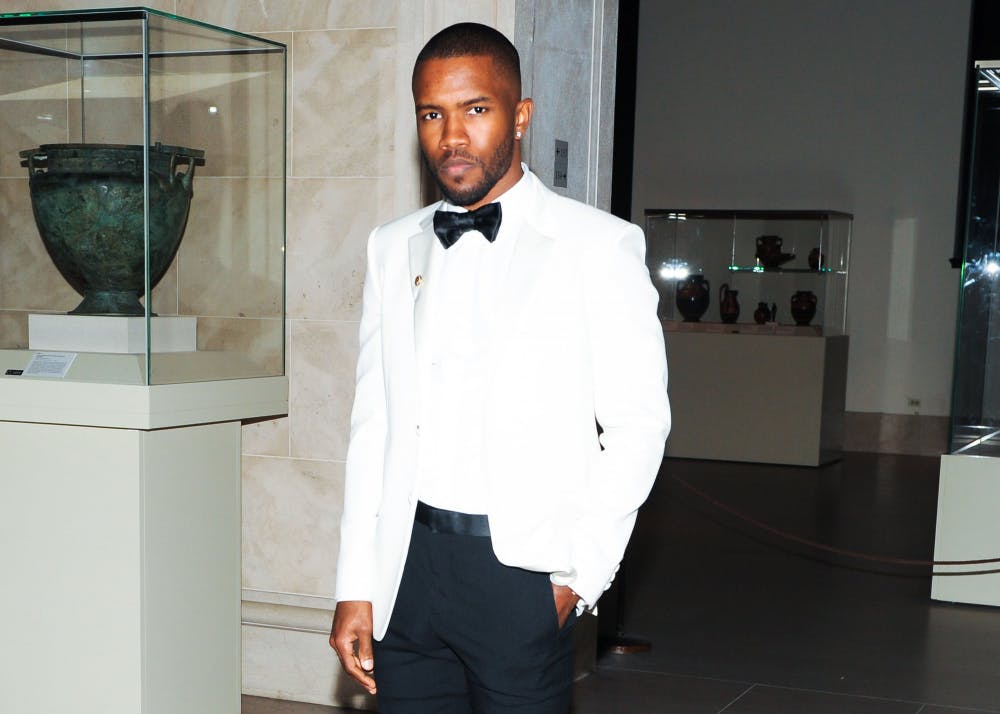The first openly gay artist in the Latin trap rap genre, 24-year-old Kevin Fret, was shot and killed Jan. 10. According to its Facebook page, the Puerto Rico Trans Youth Coalition believes the murder could be "descrito como un crimen de odio", which roughly translates to "described as a hate crime.
It is critical to examine the social implications of a gay artist being shot eight times. One cannot ignore that he was a significant role model in the LGBTQ community to avoid these conversations.
The hip-hop community needs to be more socially aware of the LGBTQ community and how their actions can be detrimental to this group of people.
Homophobia is clear in hip-hop culture because hypermasculinity places a stigma on gay artists.
Hip-hop music typically portrays men as non-emotional and aggressive people who have no sensitivity. Too many men are uncomfortable and dismissive around homosexuals which is a direct result of the unfortunate societal structure of America.
This directly translates to many straight men and their issues with listening to homosexual artists. These men do not want to hear their music. I believe this is because many men view enjoying art from a gay man as associating themselves in some way with the man.
If a hip-hop artist comes out as gay, in the eyes of many there is an immediate problem with the artist and the music they create. But when word spreads that an artist is violent or abusive, such as R. Kelly or XXXTentacion, there is not always a similar reaction.
This is clearly a problem in the culture of music. An artist should not be shamed because of their sexual orientation. Their sales should not suffer from being their authentic self.
An artist should be shamed when they are violent, abusive and do harm to people. They should not experience heightened fame. They should not have an unusual spike in listens on music streaming applications, which has been the case recently with R. Kelly.
There is not only an issue with fan bases, but also hip-hop artists who create this music.
Many artists have homophobic tendencies clearly portrayed through their music and actions. During an interview with Rolling Stone, Migos member Quavo referred to support for a gay hip-hop artist, iLoveMackonnen, as “wack.”
Eminem has also been shamed for having homophobic slurs in his songs. In “The Fall” he raps, “Tyler create nothin’, I see why you called yourself a f----t, bitch / It’s not just ‘cause you lack attention, it’s ‘cause you worship D12’s balls, you’re sacrilegious.”
The “culture of hip-hop” is not an excuse to use derogatory terms toward a group of people. Whether it be through educating musicians or protesting artists, there needs to be a shift in how this genre operates on a social standpoint.
People need to go against the grain and not listen to music made by homophobic artists. Major music outlets need to be aware of what they play, and decline adding music that is discriminatory.If music streaming companies take action and ban derogatory music there will be less publicity, and as a result less hate.
Hip-hop is a mainstream genre of music and with today’s technology, it is very accessible.
But, what happens when an already vulnerable 9-year-old who is beginning to discover their sexuality hears their idol rap negatively about the LGBTQ community?
What happens when someone hears a homophobic slur on the radio the day before they finally get the courage to come out to their family?
This normalized discrimination is disgraceful and needs to be put to a stop.






